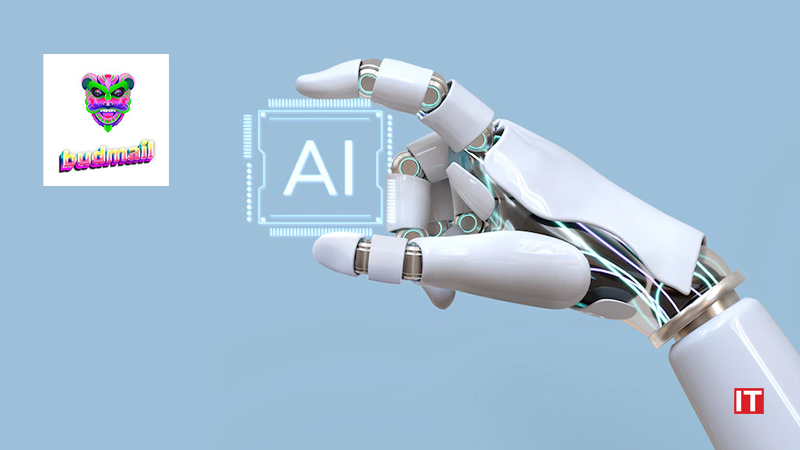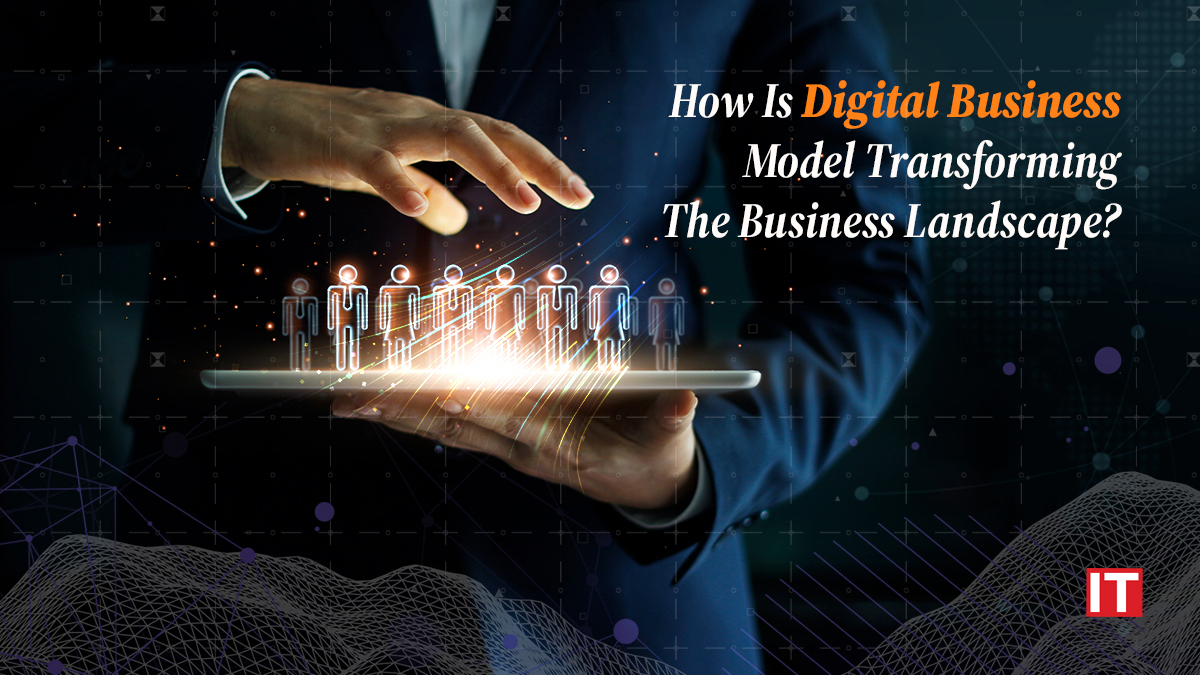Digital business is similar to the various technological powerful tools used to build attractive projects, or business models. Although the majority of CEOs now have a fundamental grasp of technology like artificial intelligence, machine learning, big data, internet of things, and digitalization/digital transformation, there is still still misunderstanding about how digital business models operate.
These new business models, which are fueled by technology and the strength of networks, are some of the most disruptive of our time.
As we all know, technology is not what drives these business models. In actuality, technology just plays a supporting role. The only thing the digital business models serve is the consumer experience, much like in digital ecosystems.
How To Build A Digital Business?
A digital firm can be started faster and with less financial outlay for physical assets like inventory or office space. Building a digital business has only gotten simpler as more free SaaS solutions have become available.
But in order to have an agile digital core, you must carefully consider how to construct your digital business model.
Also Read: Rapidly Gaining Edge Across Markets, Edge Computing Revolution at Forefront
1. Prepare a detailed business plan
Your business plan should describe what your company does, who will run it, your goals and vision, and how you intend to get there. Include information on your marketing plans, target market, and distinctive value offer. Include the digital initiatives you intend to use to achieve your aims.
2. Create a digital strategy
Your digital strategy can be built through the development of buyer personas, customer journey maps, and brand stories. Describe in your strategy paper how you intend to use technology to connect with potential clients and run your business.
To maximize leverage, align your strategy with your business objectives. You should also review your strategy frequently to make sure it still represents current market trends and forecasts.
3. Digitalise with proper power tools
Investments in IT solutions that are scalable, adaptable, and contribute to the evolving IT landscape are made by successful digital firms. This aids in building a solid digital core, which comprises IT infrastructure that puts your company in a position for sustained growth. Therefore, make the appropriate technological and instrument investments to create a profitable internet business.
4. Recruit Skilled Experts
Core digital competencies like cloud computing, machine learning, analytics, and automation are difficult to find. Therefore, one of your main priorities should be to hire workers who have the digital abilities necessary to establish and run your company.
5. Keep track and Innovate
The digital environment is quite dynamic. You risk falling behind if you don’t adjust to its adjustments right away. Read tech blogs, go to events and conferences, network with colleagues, and more to stay current on advances.
Additionally, frequently assess your digital business model in light of market and industry changes. Therefore, modify your strategy and business practices to take advantage of new market trends and expand swiftly.
What Components Are Required For Starting Up?
To become a data-driven business and ensure that important choices, actions, and processes are heavily affected by data-driven insights rather than human intuition is the essence of digital transformation. In other words, you won’t transform unless you have successfully transformed employee behavior and organizational procedures.
Artificial Intelligence
It is regarded as one of the best strategies for digital businesses. It aids firms in anticipating client needs, producing forecasts more quickly, etc. It has the ability to recognize events and determine their causes. Additionally, it offers the best fixes for any issues that arise.
Digital engineering
The effective design, development, testing, and iteration of applications utilizing digital technology is known as digital engineering. It is the synergistic use of electronic and software technologies to design, simulate, create, and test complex software-intensive systems-of-systems.
Digital strategy
As digital tools multiply, so do customer needs and internal pressure to provide products and services that are digitally ready. To remain relevant, front-, middle-, and back-office IT infrastructures must all implement an efficient digital strategy.
Internet of Things
Every area of our life will soon be impacted by smart devices and solutions made possible by the Internet of Things (IoT) and the introduction of 5G. Even some will think for us. Companies that connect their products, operations, and enterprise produce actionable intelligence that increases efficiency, boosts productivity, and transforms goods across all industries.
Interactive
A process based on the belief that any human experience must be informed by what people feel, what they need, beyond what they want, and what it takes to make it happen, is the starting point for well-crafted interactive experiences. This alignment of a company’s systems and stories is the first step in this process.
With all of their operations taking place online, many digital businesses launch online (and stay online). Digital firms that operate exclusively online frequently have cheap initial costs and may expand fast to meet market demands, making them a popular choice for both seasoned and beginning business owners.
The Future of Digital Business
The future of business is digital. There is no question in my mind. But what is it exactly? Digital business, put simply, is the application of digital technologies to new or enhanced company processes, goods, or services. Everything from establishing new digital goods and services to automating manual operations is included.
However, it goes beyond technology alone. Also involved are people and cultures. Digital organizations must put their efforts into developing a culture of innovation and constant development if they want to succeed. They must give their staff the tools they need to use digital technology effectively, productively, and efficiently.
The advantages of doing business online are obvious. Businesses may become more adaptable, efficient, and customer-focused by digitizing their processes. They can also open up fresh markets and generate fresh sources of income.
Making the change, though, might be difficult. Organizations need to give significant thought to their culture, processes, and organizational structure. Additionally, they must spend money on the appropriate digital technology and expertise.
Yet the benefits are worthwhile. Organizations may beat the competition and succeed in the digital era by adopting the idea.


































